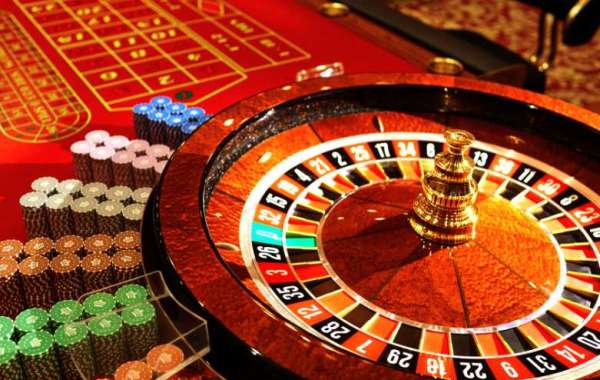Playing poker in a casino can be an exhilarating and potentially profitable experience. However, it requires a combination of skill, knowledge, and strategy to succeed. In this article, we will explore some key strategies and tips that can enhance your chances of success in a poker casino.
- Understanding the Basics:
Before delving into strategies, it's crucial to have a solid understanding of the basic rules of poker. Familiarize yourself with hand rankings, the different variations of the game (such as Texas Hold'em or Omaha), and the general flow of the game. Knowing the basics will lay the foundation for more advanced strategies.
- Bankroll Management:
Proper bankroll management is essential for any poker player, whether they're playing in a casino or elsewhere. Set a budget for yourself and stick to it. Avoid the temptation to chase losses by playing at higher stakes than you're comfortable with. Consistency and discipline in managing your bankroll will help you weather the inevitable ups and downs of the game.
- Starting Hand Selection:
One common mistake made by inexperienced players is playing too many hands. In poker, it's crucial to be selective with your starting hands. Focus on playing premium hands, such as high pairs, suited connectors, and high-ranking cards. By playing fewer hands but playing them aggressively, you increase your chances of winning.
- Positional Play:
Understanding the importance of position in poker is vital. Your position at the table determines the order in which you act, giving you valuable information about your opponents' actions before making your own decisions. Play more aggressively when you have a strong position, such as being on the dealer button, and exercise caution when out of position.
- Observing Opponents:
Poker is not just about the cards you hold; it's also about how your opponents play. Pay close attention to their betting patterns, body language, and tendencies. Look for any signs of weakness or strength and adjust your strategy accordingly. Exploiting the weaknesses of your opponents while protecting your own vulnerabilities is a key element of successful poker play.
- Bluffing and Deception:
Bluffing is a fundamental aspect of poker strategy. Skilled players use well-timed bluffs to represent a stronger hand than they actually hold, forcing their opponents to fold. However, bluffing should be used selectively and with caution. Understand the table dynamics, player tendencies, and the image you project to make effective bluffs.
- Reading the Board:
The community cards on the board provide valuable information about the strength of your hand and potential combinations your opponents may hold. Continuously analyze the board and consider the possible hands your opponents could have. Adjust your strategy accordingly, and don't be afraid to fold if the board suggests a strong hand that beats yours.
- Emotional Control:
Poker is a game of skill, but it's also a game of emotions. Maintaining emotional control is crucial to making rational decisions and avoiding costly mistakes. Avoid going on tilt, which refers to emotional frustration leading to reckless play. Take breaks when needed, and stay focused and composed throughout the game.
- Table Selection:
When playing in a casino, choose your table wisely. Look for tables with players who are less experienced or playing casually. Avoid tables filled with professional players who may have a higher skill level than you. Playing against weaker opponents increases your chances of success and profitability.
- Continuous Learning:
Poker is a game that requires continuous learning and improvement. Stay updated on the latest strategies, study the game theory, and review your own play to identify areas for improvement. Engage with poker communities, read books, watch instructional videos, and seek mentorship from experienced players to enhance your skills.
Conclusion:
Success in a poker casino is not solely determined by luck but by skillful strategy and decision-making. By understanding the basics, managing your bankroll, playing selectively, observing opponents, and utilizing strategies like bluffing and positional play, you can significantly improve your chances of success. Remember to stay disciplined, emotionally composed, and continuously strive to learn and improve. Good luck at the poker tables!














